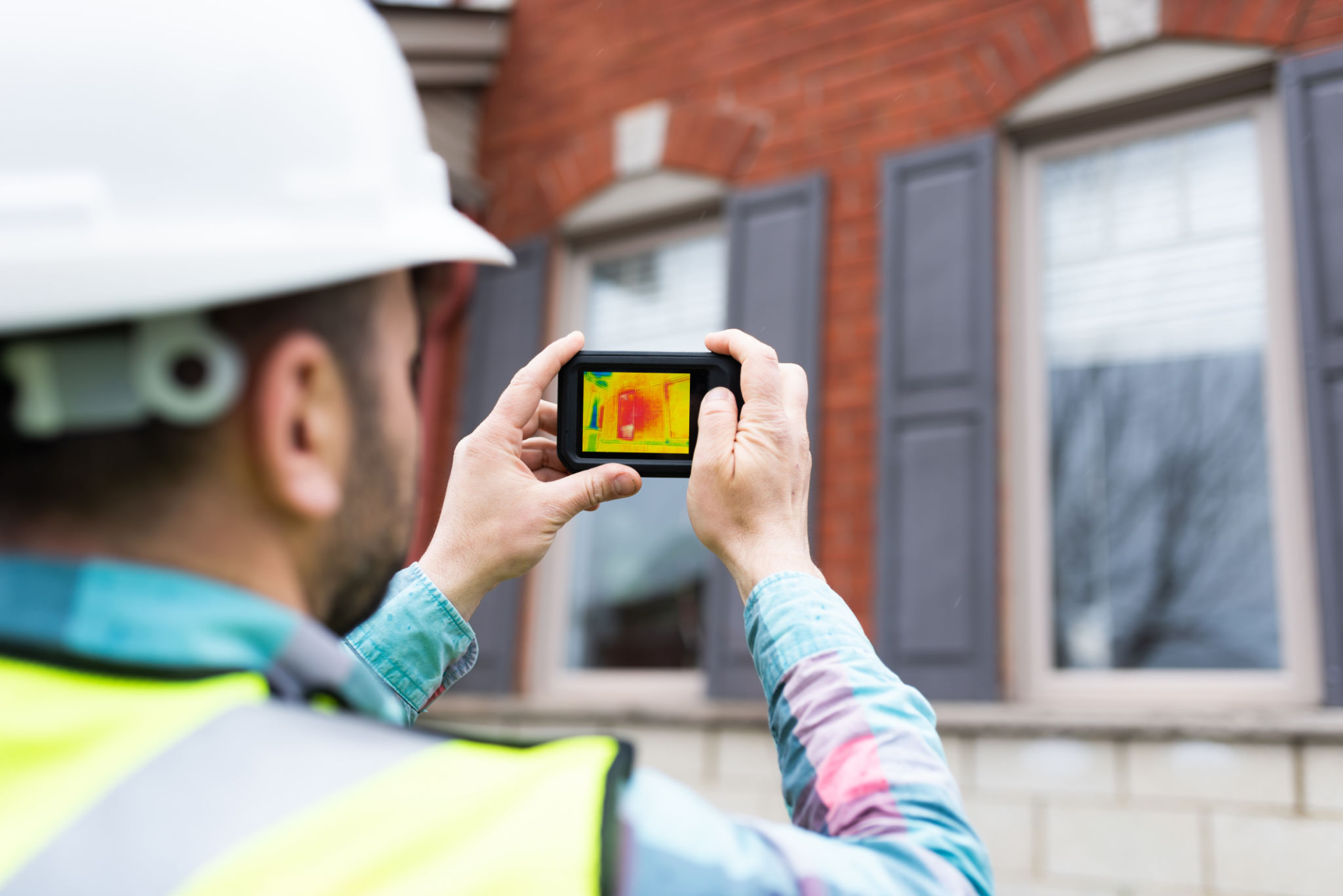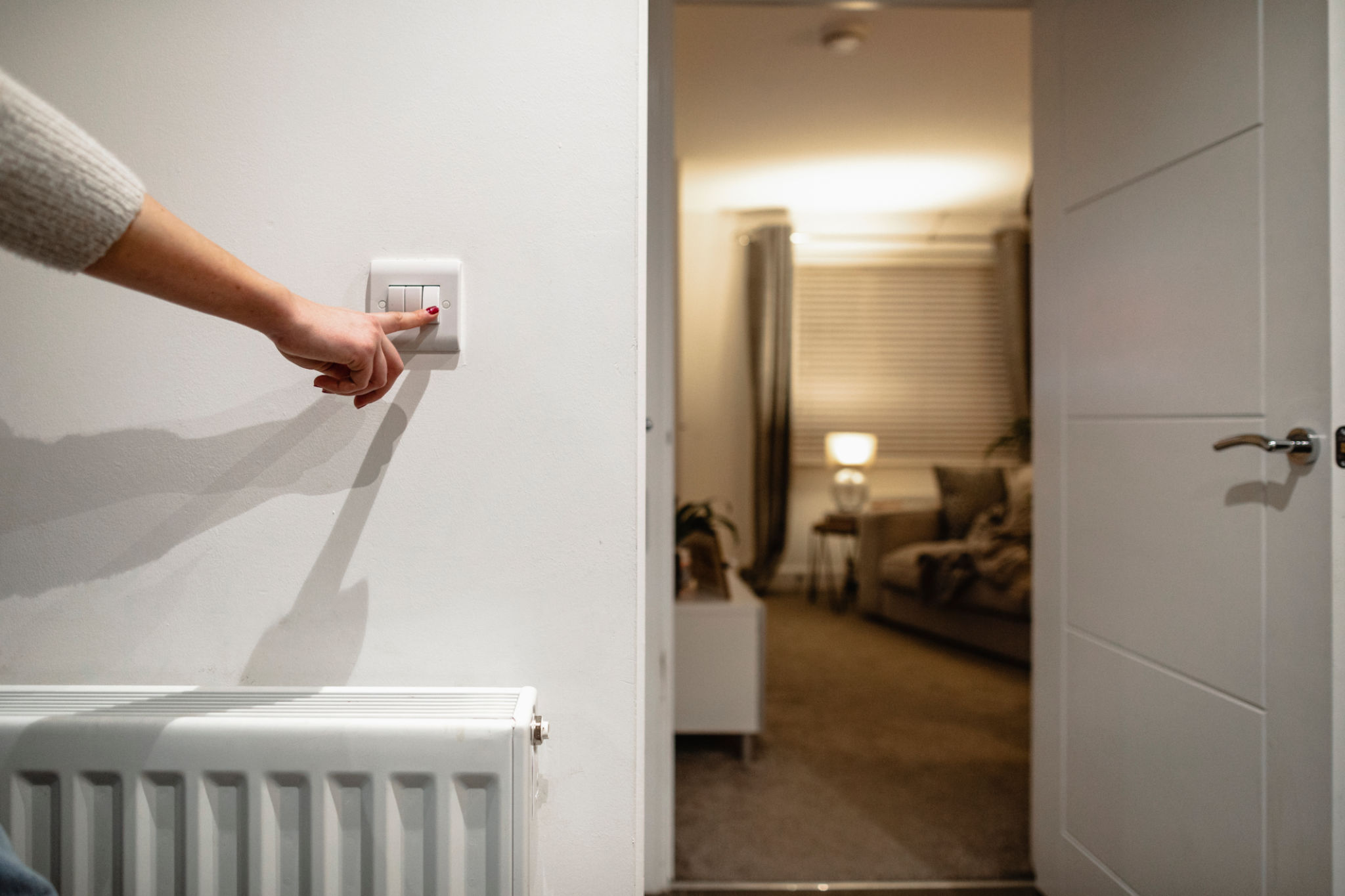Energy-Efficient Windows: How They Can Save You Money
Understanding Energy-Efficient Windows
In today's world, where energy conservation is becoming increasingly crucial, energy-efficient windows offer an excellent solution for homeowners looking to reduce their energy consumption and save on utility bills. These windows are designed to minimize the amount of heat transfer, keeping your home warmer in the winter and cooler in the summer.
Energy-efficient windows typically feature multiple panes of glass, special coatings, and insulating gas fills that enhance their performance. By investing in these advanced windows, you can significantly lower your heating and cooling costs, making them a smart choice for both your wallet and the environment.

Key Benefits of Energy-Efficient Windows
One of the main benefits of energy-efficient windows is their ability to reduce energy bills. By improving the insulation of your home, these windows help maintain a stable indoor temperature, reducing the need for excessive heating or air conditioning. This translates into substantial savings on your monthly energy expenses.
Another advantage is the increased comfort they provide. With reduced drafts and enhanced temperature control, your living spaces feel more comfortable year-round. Additionally, these windows can help reduce noise pollution from outside, creating a more peaceful and serene home environment.
Environmental Impact
Switching to energy-efficient windows not only benefits your household but also contributes positively to the environment. By decreasing your energy consumption, you reduce your carbon footprint and help lower greenhouse gas emissions. This small change in your home can make a significant impact on global efforts to combat climate change.

Types of Energy-Efficient Windows
When considering energy-efficient windows, it's essential to understand the different types available. Some of the most common options include:
- Double- or triple-pane glass: These windows feature two or three layers of glass with air or gas-filled spaces in between, providing better insulation than single-pane windows.
- Low-emissivity (Low-E) coatings: These coatings reflect infrared light, keeping heat inside during the winter and outside during the summer.
- Gas fills: Often using argon or krypton, these gases are placed between panes to improve insulation further.
Each type has its unique advantages, so it's important to choose the option that best suits your needs and climate.

Long-Term Savings and Return on Investment
Though energy-efficient windows may have a higher upfront cost compared to traditional windows, the long-term benefits often outweigh the initial investment. Homeowners can expect to see a return on their investment through reduced energy bills over time. Additionally, many governments and utility companies offer incentives or rebates for upgrading to energy-efficient products, further offsetting costs.
The lifespan of these windows is typically longer due to their durable construction, meaning you won't need to replace them as frequently. This longevity adds another layer of financial benefit, ensuring you continue to enjoy savings for many years.
Conclusion
Energy-efficient windows are a wise investment for any homeowner looking to save money and enhance their home's comfort while contributing positively to the environment. By choosing the right type of window and taking advantage of available incentives, you can make a significant impact on both your utility bills and your carbon footprint. Explore your options today and start reaping the benefits of energy-efficient living.
